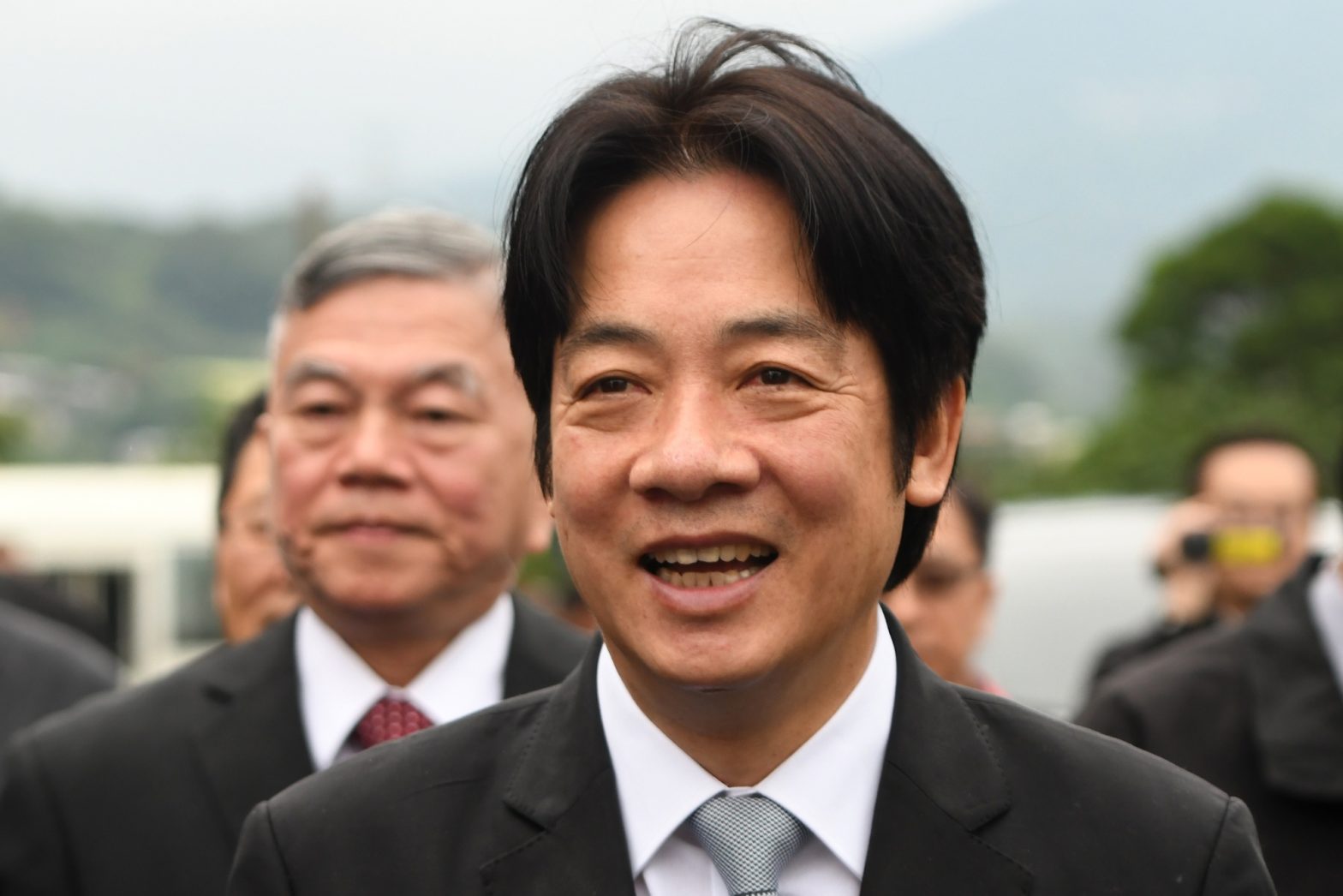Kathmandu: In the recently concluded presidential election in Taiwan, William Lai, the current Vice President and prominent figure of the Democratic Progressive Party (DPP), emerged victorious. Lai, known for his cautious stance on relations with China, secured a mandate to lead the nation, surpassing his rival, Mayor Hou Yu-eh of the Kuomintang (KMT).
Lai’s win is significant in the context of Taiwan’s geopolitical dynamics, marked by longstanding tensions with China. The election, witnessed by over 19 million voters, saw Lai reaffirming his commitment to Taiwan’s sovereignty and democratic values.
Following the election results, Lai expressed gratitude to the electorate and acknowledged the challenges posed by China. In his post-election remarks, he emphasized the need for a careful and vigilant approach in handling relations with China, striking a balance between dialogue and safeguarding Taiwan’s autonomy.
The defeated candidate, Hou Yu-eh, known for advocating closer ties with China, gracefully conceded, marking a shift in Taiwan’s political landscape. Lai’s victory is anticipated to have implications on cross-strait relations, with international observers closely monitoring how Taiwan navigates its stance amid global geopolitical tensions.
As President-elect Lai prepares to take the oath of office on May 20th, his win is expected to shape Taiwan’s approach to international relations and its position in the complex web of global geopolitics.
News Source: BBC
